
Prose
A Letter to God
- A Letter to God has been written by G.L. Fuentes.
- Lencho was a farmer.
- Lencho’s house was situated on the crest of a low hill.
- Lencho had grown corn in his fields.
- Lencho compared the large raindrops with new coins.
- Lencho hoped for a good harvest.
- Hailstones destroyed Lencho’s fields.
- The field looked as if it was covered with salt.
- Lencho’s soul was filled with sadness.
- Lencho needed money to save his family from hunger.
- Lencho wrote a letter to God.
- Lencho asked for a hundred pesos from God.
- The postmaster read the letter.
- Seventy pesos were arranged by the postmaster.
- Lencho had complete faith in God.
- Lencho got only seventy pesos.
- Lencho called the post office employees a bunch of crooks.
Nelson Mandela: Long Walk to Freedom
- Apartheid is a political system that separates people according to their race.
- Mandela spent thirty years in prison.
- Mandela became the first black president of a new nation.
- The inauguration ceremony took place in the Union Building Amphitheatre in Pretoria.
- According to Nelson Mandela, courage means triumph over fear.
- Mandela joined the African National Congress.
- According to Mandela, love comes naturally to the heart.
- Man’s goodness is a flame that can be hidden but never extinguished.
- The spectacular array of South African jets was displayed by the military.
- Nelson Mandela was accompanied by his daughter.
- Zenani was the daughter of Nelson Mandela.
- A man who takes away the freedom of another man is a prisoner of hatred.
Two Stories about Flying
His First Flight
- His First Flight has been written by Liam O’Flaherty.
- The seagull was alone on his ledge for twenty-four hours.
- He felt the heat because he had not eaten since the previous nightfall.
- The sight of the food maddened the seagull.
- His mother had picked up a piece of the fish.
The Black Aeroplane
- The writer of The Black Aeroplane is Frederick Forsyth.
- The name of the black aeroplane was Dakota B 5088.
- The pilot was returning from France to England.
- The clouds were like black mountains.
- The pilot did not have enough fuel to fly.
- The pilot had decided to fly Old Dakota straight into the storm.
- The pilot looked first at the compass, and it stopped working.
- The aeroplane was lost in the storm.
From the Diary of Anne Frank
- The writer of this lesson is Anne Frank.
- Anne Frank was born on 12 June 1929.
- She was a German Jewish girl.
- Anne’s long-awaited friend is her diary.
- The name of Anne’s diary was Kitty.
- Mr. Keesing was annoyed with her because she was talkative.
- In Maths, she (Anne) was not sure of passing.
- Paper has more patience than people.
- The narrator wrote the poem about the ducks.
- The topic of the essay was ‘A Chatterbox’.
- Anne’s school friend’s name was G.N.
- Anne died in the concentration camp.
- ‘Quaking in its boots’ means feeling nervous.
- Anne Frank wrote in her last essay a funny poem.
- The diary was given to Anne on her 13th birthday.
- The diary was originally written in the Dutch language.
- Anne’s family moved to Amsterdam.
Glimpses of India
A Baker from Goa
- The baker made his musical entry with the jhang-jhang sound.
- Bakers in Goa are known as pader.
- The peculiar dress of the baker in Goa is known as the kabai.
- Bol is the sweet bread.
- The main crop of Coorg is coffee.
- Kodagu is the smallest district of Karnataka.
- Evergreen forests cover thirty percent of this district.
- Coorgis are possibly of Greek or Arabic descent.
- Coorgis are famous for their hospitality.
- The Coorg Regiment is one of the most decorated in the Indian Army.
- Kodavas have the permission to carry firearms without a license.
- Kaveri River flows in Coorg.
- Brahmagiri Hills provide the most scenic view of Coorg.
- The island of Nisargadhama is in Coorg.
- River rafting, canoeing, rappelling, rock climbing, and mountain biking are favorites of Coorgis.
- Bylakuppe is India’s largest Tibetan settlement.
- Macaques, Malabar squirrels, langurs, and slender lorises are found in Coorg.
- Madikeri is the only gateway to Coorg.
- The nearest airports to Coorg are Mangalore and Bangalore.
- The best season to visit Coorg is from September to March.
- Coorg is also known as the ‘Land of Rolling Hills’.
- It is said that a part of Alexander’s army settled and married amongst locals in Coorg.
- A mahout is a person who rides and trains an elephant.
Tea from Assam
- Arup Kumar Datta has written “Tea from Assam”.
- Tea was first drunk in China in 2770 B.C.
- Assam has the largest concentration of tea plantations in the world.
- Tea came to Europe only in the sixteenth century.
- The British started tea plantations in Assam and Darjeeling.
- Dhekiabari Tea Garden is in Assam.
- Bodhidharma was an ancient Buddhist ascetic.
- In Europe, tea was drunk more as medicine than as a beverage.
Mijbil the Otter
- The author of Mijbil the Otter is Gavin Maxwell.
- The otter was brought to the author by his friend.
- In the beginning, the otter was aloof and indifferent.
- Marbles were Mij’s favorite toys for his pastime.
- Maxwell called the airhostess “the very queen of her kind”.
- When the author saw the otter for the first time, it resembled a dragon.
- Camusfearna is a place surrounded by water.
- The Tigris River has been mentioned in the story “Mijbil the Otter”.
- British Airways refused to allow animals along with passengers.
Madam Rides the Bus
- The author of the lesson “Madam Rides the Bus” is Vallikannan.
- Valli was an eight-year-old girl.
- Her favorite pastime was standing in the front door and watching the street.
- Valli’s strongest desire was to ride the bus.
- Valli was amused the most by the sight of a cow running in front of the bus.
- The dead cow saddened Valli.
- The timing for the afternoon nap taken by Valli’s mother was from 1 to 4.
- The conductor addressed Valli as Madam.
- The conductor offered Valli a soft drink.
- Valli had saved sixty paise for her bus journey.
The Sermon at Benares
- The Sermon at Benares is written by Betty Renshaw.
- Gautam Buddha was a prince named Siddhartha.
- Gautam Buddha wandered for seven years.
- The Buddha preached his first sermon at the city of Benares.
- A sermon is a religious discourse.
- Kisa Gotami was sad because her only son had died.
- According to Gautam Buddha, the world is afflicted with death and decay.
- The Buddha sat under a peepal tree.
- According to Gautam Buddha, those who do not grieve are wise.
- According to Gautam Buddha, the person who overcomes sorrow is free from sorrow.
- Buddha got enlightenment after seven days.
- Buddha renamed the tree Bodhi Tree.
- Buddha asked Kisa to bring mustard seeds from a house where no one had lost a child, husband, or parent.
- The meaning of lamentation is grief or sorrow.
- The city of Benares is situated on the river Ganges.
- Money or food given to the people is called alms.
- A state of high spiritual knowledge is called enlightenment.
- The Bodhi Tree means a tree of wisdom.
The Proposal
- Anton Chekhov is the writer of the story ‘The Proposal’.
- Natalya and Lomov were fighting for Oxen Meadows.
- Lomov threatened to take the matter to court.
- Guess is the name of Lomov’s dog.
- ‘The Proposal’ is a story from Russia.
- Lomov seems to be dead in the story ‘The Proposal’.
- The Lomovs and Chubukovs were rich families.
Poetry
| Name of the Poem | Poet |
| Dust of Snow | Robert Frost |
| Fire and Ice | Robert Frost |
| A Tiger in the Zoo | Leslie Norris |
| How to Tell Wild Animals | Carolyn Wells |
| The Ball Poem | John Berryman |
| Amanda | Robin Klein |
| The Trees | Adrienne Rich |
| Fog | Carl Sandburg |
| The Tale of Custard the Dragon | Ogden Nash |
| For Anne Gregory | William Butler Yeats |
Grammar (Fillers)
Articles
- He is an S.D.O.
- You are an N.C.C. officer.
- Mr. Thakur is an M.L.A.
- He is an hour late.
- The moon walks slowly and silently.
- Her uncle is an M.L.A.
- The Ganga is a sacred river.
- Arun is the tallest boy in the class.
- His brother is an R.J. in a local radio channel.
- The Taj Mahal is a historical monument.
- Britain is a European country.
- He is a university scholar.
- Mr. Shyam is an M.L.A.
- I want to become an I.P.S.
- The Ganga is the longest river in India.
- Mahatma Gandhi is known as the “Father of the Nation”.
- I have a one-rupee note.
- The rich should help the poor.
- She secured the first position.
- Indore is a famous city.
- The earth moves around the sun.
- Devesh is the best boy in the class.
- He is poor but an honest man.
Determiners
- There is not any water in the pool. (any, some, many)
- There is not any milk in the kitchen. (any, some, many)
- Kalidas has written many plays. (much, many, any)
- He hasn’t got any money now. (any, some, many)
- Did you want some money? (any, some, many)
- All that glitters is not gold. (every, all, each)
- Would you like to have some more sugar in your milk? (any, some, little)
- There aren’t any books in the almirah. (any, much, some)
- I have many books in my library. (much, many, any)
- My mother gave me some oranges to eat. (much, some, any)
- How many students are present today? (many, much, any)
- There are many flowers in this garden. (many, much, any)
- He speaks many different languages. (few, many, some)
- He lost all the money he had. (no, any, none)
- There is not much water in the lake this year. (much, many)
- He has given me some money to start my business. (any, some)
- He spent all the money. (all, whole, both)
- He paid his whole attention to his studies. (all, whole)
- How much sugar do you take in your tea? (much, many)
Modals
- May I take your pen? (need/may/used)
- We ought to follow traffic rules. (ought/should/must)
- When I was young, I could climb trees. (may/can/could)
- I would buy that mobile if I had money. (will/would/would have)
- She would go to the temple every day when she lived in the village. (will/would/could)
- We should wear masks in crowded places. (should/used/ought)
- May I know the place where you are going? (can, may, might)
- My brother is very strong. He can lift 80 kg of weight. (may/can/ought to)
- You must drive carefully. (may/must/can)
- Work hard lest you should fail. (will/would/should)
Verbs/Tenses
- He has written many plays. (write/wrote/written)
- The Earth moves around the Sun. (move/moves/moving)
- He always comes on time. (comes/come/coming)
- They have been playing here since morning. (are playing/has been playing/have been playing)
- We were making kites when father arrived. (arrive/arrived/arrives)
- He wanted to become an engineer. (become/becomes/becoming)
- My father is a retired teacher. (retire/retiring/retired)
- The teacher taught the students yesterday. (teaches/taught/teaching)
- Mohan is learning English nowadays. (is learning/learns/learn)
- He said that he had worked there. (works/has worked/had worked)
Prepositions
- It has been raining since morning. (since/for/from)
- He is good at English. (in/at/of)
- He is hard of hearing. (in/at/of)
- She is fond of playing chess. (at/of/with)
- He is listening to the radio. (to/of/at)
- Tarun is interested in reading books. (of/on/in)
- His grandfather died of cancer. (from/of/with)
- The meeting will be held on Monday. (on/in/since)
- Gandhiji was born on 2nd October 1869. (on/in/since)
- He travels by bus. (from/of/by)
Conjunctions
- Work hard else you will fail. (but/else/as)
- I called him loudly, but he gave me no answer. (or/but/else)
- Walk carefully lest you should fall down. (or/else/lest)
- Unless you work hard, you will fail. (if/unless/though)
- He could not come to school because he was ill. (so/but/because)
- Though he played well, he lost the game. (still/so/though)
- If it rains, we will not go to school. (if/unless/though)
- Take a taxi to the station or you will get late. (but/or/so)
- He didn’t do his work so he was punished. (because/but/so)
- He washed the clothes and ironed them. (but/so/and)
Grammar (Do as Directed)
- He did his work well. (Change into negative)
He did not do his work well. - They are selling their house. (Change into present perfect)
They have sold their house. - She speaks the truth. (Change into negative)
She does not speak the truth. - They have been playing here since morning. (Change the sentence into past perfect continuous)
They had been playing here since morning. - He teaches Hindi. (Change the sentence into Passive Voice)
Hindi is taught by him. - Children are making toys. (Change the sentence into Passive Voice)
Toys are being made by children. - In the park/were playing/Children/football (Rearrange the words to make a meaningful sentence.)
Children were playing football in the park. - She shut the door. (Change into negative)
She did not shut the door. - He has taken tea. (Change into interrogative)
Has he taken tea? - She lived in Shivpuri. (Change into interrogative)
Did she live in Shivpuri? - Anita read the Ramayana every day. (Change into negative)
Anita did not read the Ramayana every day. - To tell a lie is a sin. (Rewrite the sentence starting with ‘It’)
It is a sin to tell a lie. - He taught English. (Change the sentence into Present Indefinite Tense)
He teaches English. - He is too weak to go to school. (Rewrite the sentence using ‘so………that’)
He is so weak that he cannot go to school. - He is too poor to pay his fees. (Rewrite the sentence using ‘so………that’)
He is so poor that he cannot pay his fees. - The boy is my friend. The boy has won the prize. (Combine the sentence using ‘who’)
The boy who has won the prize is my friend. - The tea is too hot to drink. (Rewrite the sentence using ‘so………that’)
The tea is so hot that I cannot drink it. - He is rich. He is not happy. (Combine the sentence using ‘yet’)
He is rich yet he is not happy. - They played well. They could not win the match. (Combine the sentence using ‘though’)
Though they played well, they could not win the match. - Unless you work hard, you won’t pass. (Use ‘If’ in place of unless)
If you do not work hard, you won’t pass. - Work hard. You will fail in the exam. (Combine the sentence using ‘or’)
Work hard or you will fail in the exam. - He did not go to school. He was ill. (Combine the sentence using ‘because’)
He did not go to school because he was ill. - If you don’t come to school regularly, you won’t learn your lesson. (Use ‘unless’ in place of if)
Unless you come to school regularly, you won’t learn your lesson. - As it was Saturday, there were no children in the school. (Use ‘because’ and rewrite)
There were no children in the school because it was Saturday. - We shall go for a picnic this year. (Rewrite the sentence in ‘future continuous’)
We shall be going for a picnic this year. - Jim will take coffee. (Change into ‘present perfect’)
Jim has taken coffee. - The boy is my cousin. The boy has won the race. (Combine the sentences into a relative clause)
The boy who has won the race is my cousin. - Unless you work hard, you will fail. (Rewrite the sentence using ‘if’ in place of ‘unless’)
If you don’t work hard, you will fail. - Aman is very intelligent. He can pass this exam easily. (Combine the sentences using ‘so…………that’)
Aman is so intelligent that he can pass this exam easily. - The tall man is a doctor. The tall man is talking to my father. (Combine the sentences using ‘who’)
The tall man who is talking to my father is a doctor. - I am ill. I am not going to school. (Combine the sentences using ‘so’)
I am ill so I am not going to school. - Delhi is larger than Bhopal. (Rewrite the sentence using ‘positive degree’)
Bhopal is not as large as Delhi. - If she does not come on time, the teacher will punish her. (Rewrite the sentence using ‘unless’ in place of ‘if’)
Unless she comes on time, the teacher will punish her. - Hindi is not so difficult as English. (Rewrite the sentence using ‘comparative degree’)
English is more difficult than Hindi.
कक्षा 10 हिंदी , संस्कृत , विज्ञान, गणित , सामाजिक विज्ञान विषय के वन लाइनर उपलब्ध हैं I

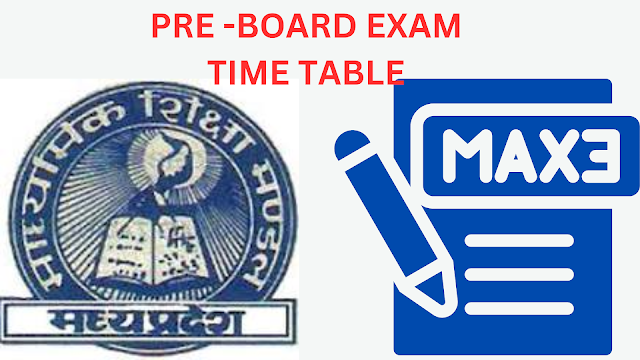
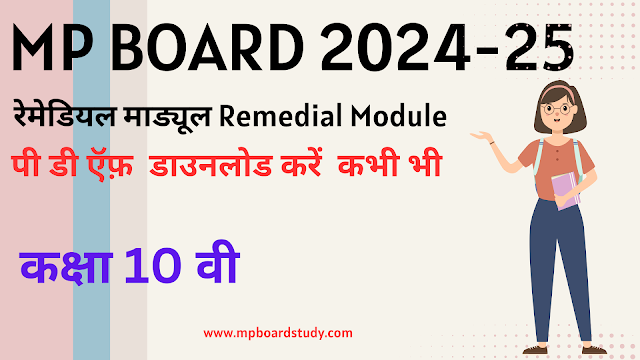
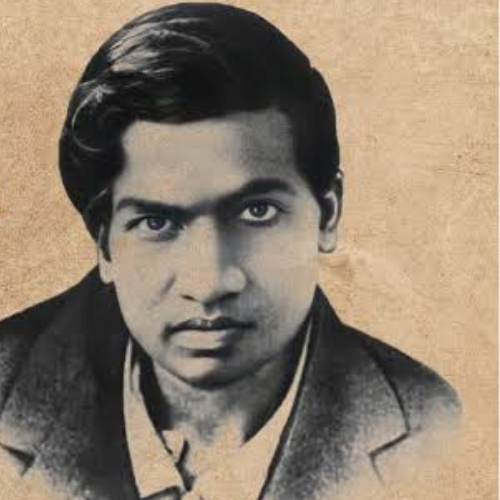
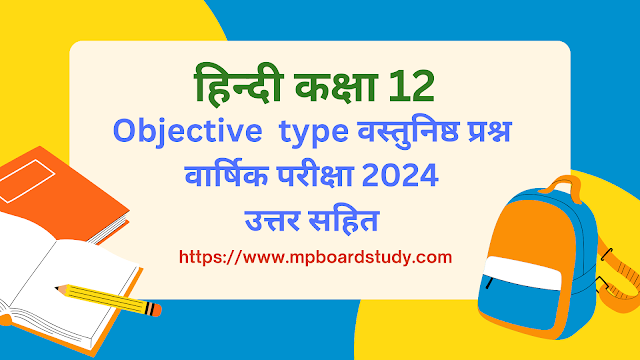
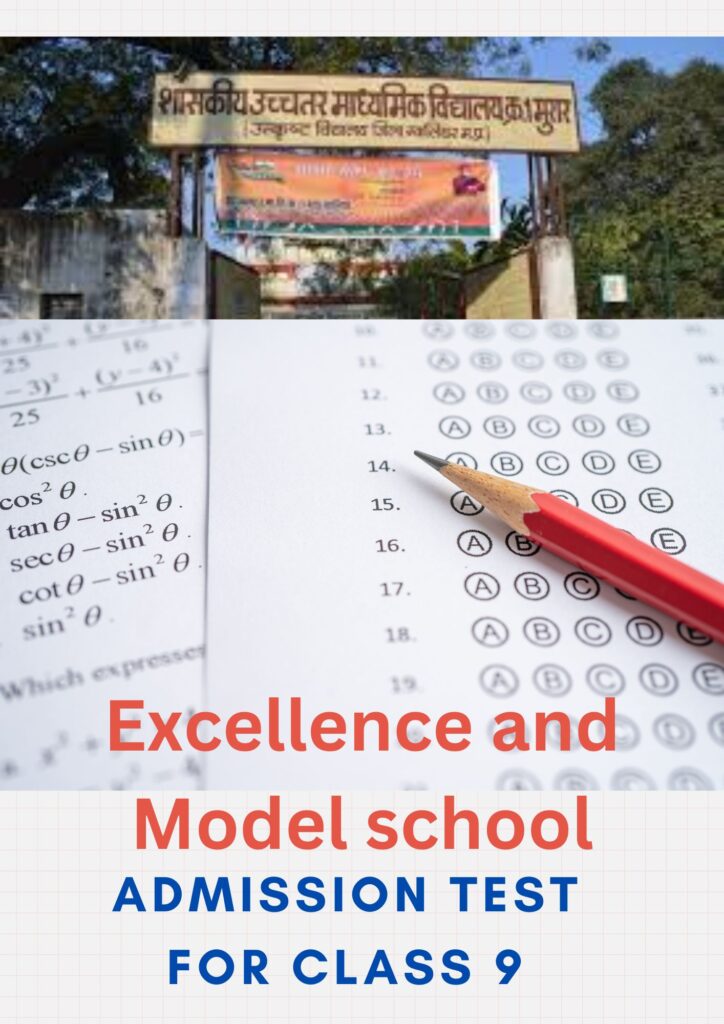
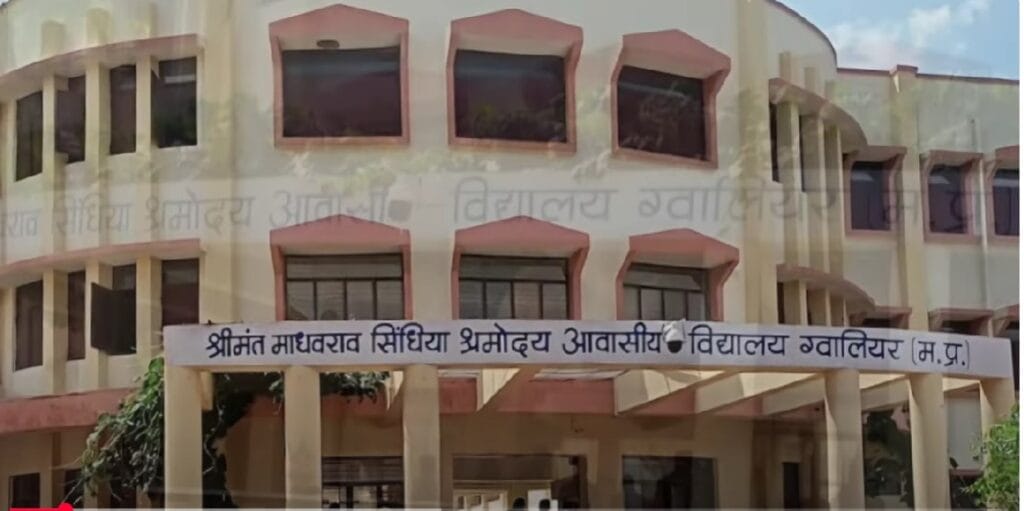

This is very nice quize games ❤️